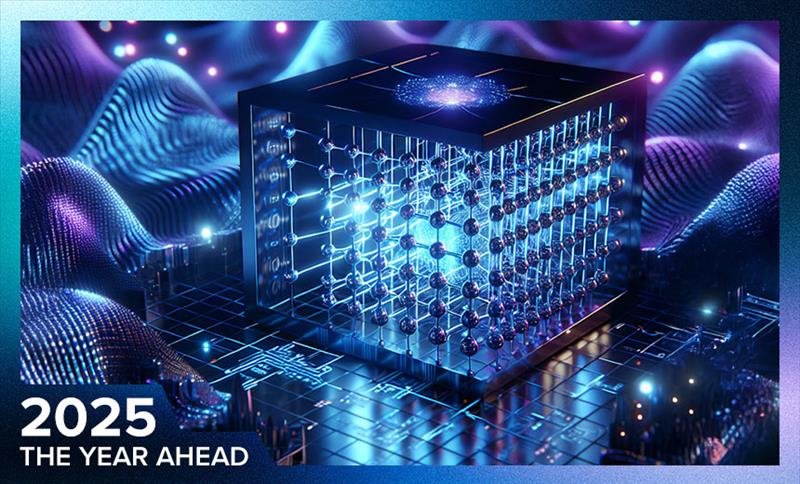
How Quantum Computing is Disrupting Data Analysis in 2025
Posted on May 12, 2025
Quantum computing is indeed poised to significantly disrupt data analysis by 2025, although a complete revolution is still on the horizon. Here’s how:
Enhanced Processing Power for Complex Analysis
Quantum computers leverage principles like superposition and entanglement to perform calculations in ways classical computers cannot. This allows them to tackle problems with vast datasets and numerous variables much more efficiently.
- Faster Data Processing: Quantum algorithms can analyze large datasets exponentially faster than classical algorithms for certain tasks. For example, Grover’s algorithm offers a quadratic speedup for unstructured searches.
- Advanced Machine Learning: Quantum computing can optimize the training of AI models and identify patterns in large datasets more effectively, leading to more accurate predictions in fields like finance, healthcare, and logistics.
- Optimization Problems: Many data analysis tasks involve optimization (e.g., logistics, financial portfolios). Quantum computers excel at solving complex optimization problems that are computationally prohibitive for classical systems.
Specific Applications Emerging in 2025
- Financial Services: Quantum computing is being used for portfolio optimization, risk analysis, and fraud detection. For instance, JPMorgan and Amazon are using quantum tools to optimize portfolios and improve risk analysis.
- Healthcare and Drug Discovery: Quantum simulations can model molecular interactions with greater speed and accuracy, accelerating the discovery of new drugs and materials. Pfizer and IBM are collaborating on quantum molecular modeling for drug discovery.
- Logistics and Supply Chain: Quantum algorithms can optimize complex logistics problems, such as delivery routes, leading to significant efficiency improvements. DHL has reported a 20% reduction in delivery times using quantum algorithms.
- Materials Science: Quantum computing aids in simulating and designing new materials, such as better battery materials. Google, in collaboration with BASF, has explored the use of quantum computing to model Lithium Nickel Oxide for batteries.
The Hybrid Approach
In 2025, a purely quantum-driven data analysis ecosystem is not yet a reality. Instead, the focus is on hybrid quantum-classical computing. This involves using classical computers for tasks they excel at (like initial problem setup) and leveraging quantum computers for specific computationally intensive parts of the analysis.
Challenges and the Path Forward
While the potential is immense, there are challenges:
- Quantum Error Correction: Maintaining the stability of qubits and correcting errors is crucial for reliable quantum computation. Significant progress is being made in this area.
- Scalability: Building large-scale, fault-tolerant quantum computers is still an ongoing effort.
- Algorithm Development: New quantum algorithms need to be developed to fully exploit the capabilities of quantum hardware for data analysis.
2025: A Significant Turning Point
2025 is considered a pivotal year for quantum computing. The United Nations has declared it the “International Year of Quantum Science and Technology,” highlighting the growing global recognition of its transformative potential. Many organizations are actively building quantum-ready strategies, investing in skilling, and exploring practical, high-impact hybrid applications.
In conclusion, by 2025, quantum computing is not replacing classical data analysis methods entirely. Instead, it’s emerging as a powerful tool to augment classical computing, particularly for tackling complex and data-intensive analytical tasks across various industries, paving the way for breakthroughs that were previously unimaginable.
Categories: Technology
